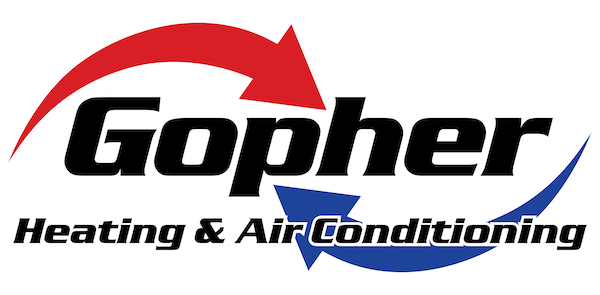Thinking about replacing your HVAC system but worried about the cost?
Households can now claim a tax credit for 30% of the costs of buying and installing a qualifying furnace and/or air conditioner, up to $1,200, or qualifying heat pump, up to $2,000, as part of the Inflation Reduction Act.
This particular 25C tax credit has no income restrictions and is effective for products purchased and installed between January 1, 2023 and December 31, 2032.
What is the Inflation Reduction Act?
The Inflation Reduction Act of 2022 (IRA) is a broad piece of federal government legislation that encourages homeowners to work toward U.S. electrification and greenhouse gas reduction goals. It covers many industries and carries a wide range of government-backed programs and incentives. Those include potential rebates and tax credits for HVAC equipment installations and upgrades that can save you serious money!
What products are eligible?
Qualifying units that meet or exceed the highest efficiency tier that is not in the advanced tier. See below for product specifications that meet these requirements:
| Gas Furnace: | AFUE ≥ 97% |
| Gas Boilers: | AFUE ≥ 95% |
| Central Air Conditioners: | ≥ 16.0 SEER2 and ≥ 12.0 EER2 |
| Heat Pump (Ducted): | ≥ 15.2 SEER2, ≥ 10.0 EER2, ≥ 8.1 HSPF2, and 1.75 COP (5°F) |
| Heat Pump (Ductless): | ≥ 16.0 SEER2, ≥ 9.0 EER2, ≥ 9.5 HSPF2, and 1.75 COP (5°F) |
Who can use this credit?
Must be an existing home & your principal residence. New construction and rentals do not apply.
A principal residence is the home where you live most of the time. The home must be in the United States. It can include a house, houseboat, mobile home, cooperative apartment, condominium, and a manufactured home.
Annual Limits on Energy Efficient Home Improvement Tax Credits
In addition to limits on the amount of credit you can claim for any particular equipment installation or home improvement, there are annual aggregate limits.The overall total limit for an efficiency tax credit in one year is $3,200.This breaks down to a total limit of $1,200 for any combination of home envelope improvements (windows/doors/skylights, insulation, electrical) plus furnaces, boilers and central air conditioners. Any combination of heat pumps, heat pump water heaters and biomass stoves/boilers are subject to an annual total limit of $2,000. (Note: ENERGY STAR certified geothermal heat pumps are eligible for a separate tax credit and not counted against these limits.)
How can I maximize my tax credits?
Given the way the annual aggregate limits are structured, it may be prudent to spread your improvements over a few years. If your heating or cooling system is old, and you are considering a new air source heat pump, it is always wise to optimize your attic insulation first, so you don’t pay for more heating and cooling than you actually need. Making these upgrades together in one year would allow you a tax credit of up to $1,200 for the insulation and up to $2,000 for the heat pump. Similarly, you could combine a heat pump installation with window/door replacements. In that scenario, the $2,000 credit for the heat pump could be combined with tax credits up to $600 total for the windows/skylights plus $500 for two or more doors. If you replace your water heater the following year, you would be eligible for another 30% tax credit, up to $2,000 plus up to $600 if you need an electric panel upgrade to accommodate the new water heater.
Disclaimer
Gopher Heating & Sheet Metal, Inc. (“Gopher”) is not acting in the capacity of a legal or tax advisor and does not make any representation, warranty, guarantee or other assurance as to whether a particular match-up qualifies or is eligible for a tax credit or rebate. This document has been prepared for informational purposes only and is not intended to provide, and should not be relied on for, tax or legal advice. The IRS, DOE, and state energy offices are responsible for the implementation and administration of tax certificates/rebates. There are important requirements and limitations for the homeowner to qualify for tax credits/rebates. Moreover, the laws are subject to change. As a result, Gopher highly recommends that you, our customers, consult with a tax advisor or attorney regarding a homeowner’s qualification for a tax credit/rebate in their particular circumstance and verify and review the applicable laws and regulations. Gopher expressly disclaims all liability for damages of any kind arising out of a homeowner’s claim for a tax credit/rebate. This information is subject to change without notice.



